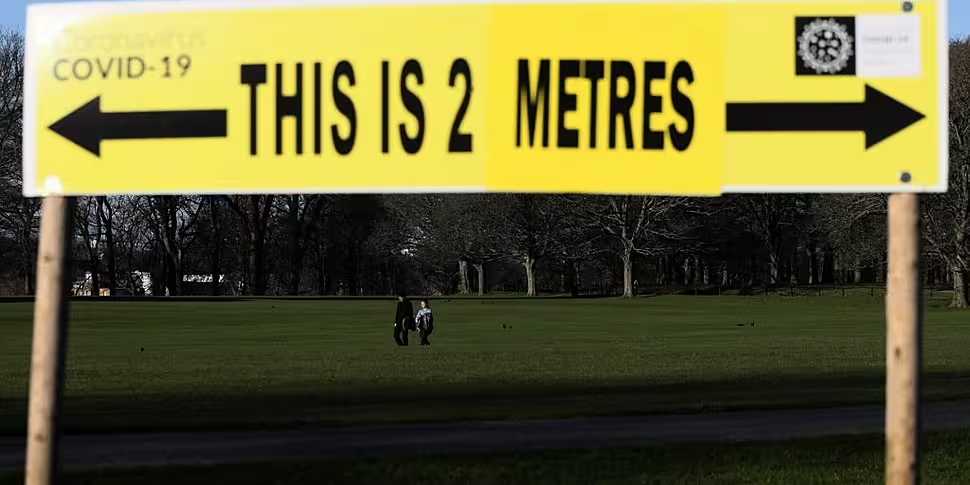Health officials say they're looking at 'additional guidance' for people who live alone.
From midnight, household visits will be banned nationwide in an effort to curb the spread of coronavirus.
However, particular concerns have been raised about the impact of the new measures on people who live alone.
Deputy Chief Medical Officer Ronan Glynn this evening confirmed NPHET has considered the issue, including around international practices such as 'social bubbles'.
In the UK, for example, 'support bubbles' have been developed which allow people who live alone to have a social network with people from one other household.
As the British government explains: "It means you can have close contact with that household as if they were members of your own household."
Also speaking this evening, Chief Medical Officer Dr Tony Holohan being alone for a long period of time is "a very difficult challenge socially".
He said: "Nobody wants to be in a situation where we're having to ask of the public that we don't mix or meet up in other households.
"Given that, we want to try to make that as easy as possible for people - so we're going to look at developing some additional guidance."
Under the measures announced yesterday, there will be exceptions to the ban on household visits when there are 'compassionate grounds' or other essential reasons.
Earlier, Health Minister Stephen Donnelly told The Pat Kenny Show that it's not really possible for doctors or officials to come up with a full list of circumstances that would be exempt from the rules.
Minister Donnelly said: “People are sensible and we have to trust people. So, what we are saying is, look, we have to apply our own judgement here.
“So, if it is a relative that needs your help, then of course go.
“Unambiguously, if it is someone who is completely isolated and you need to go in and help them, of course."









